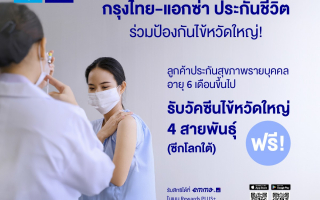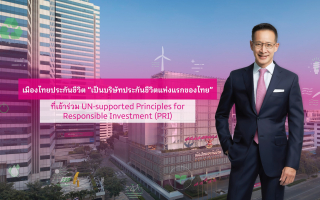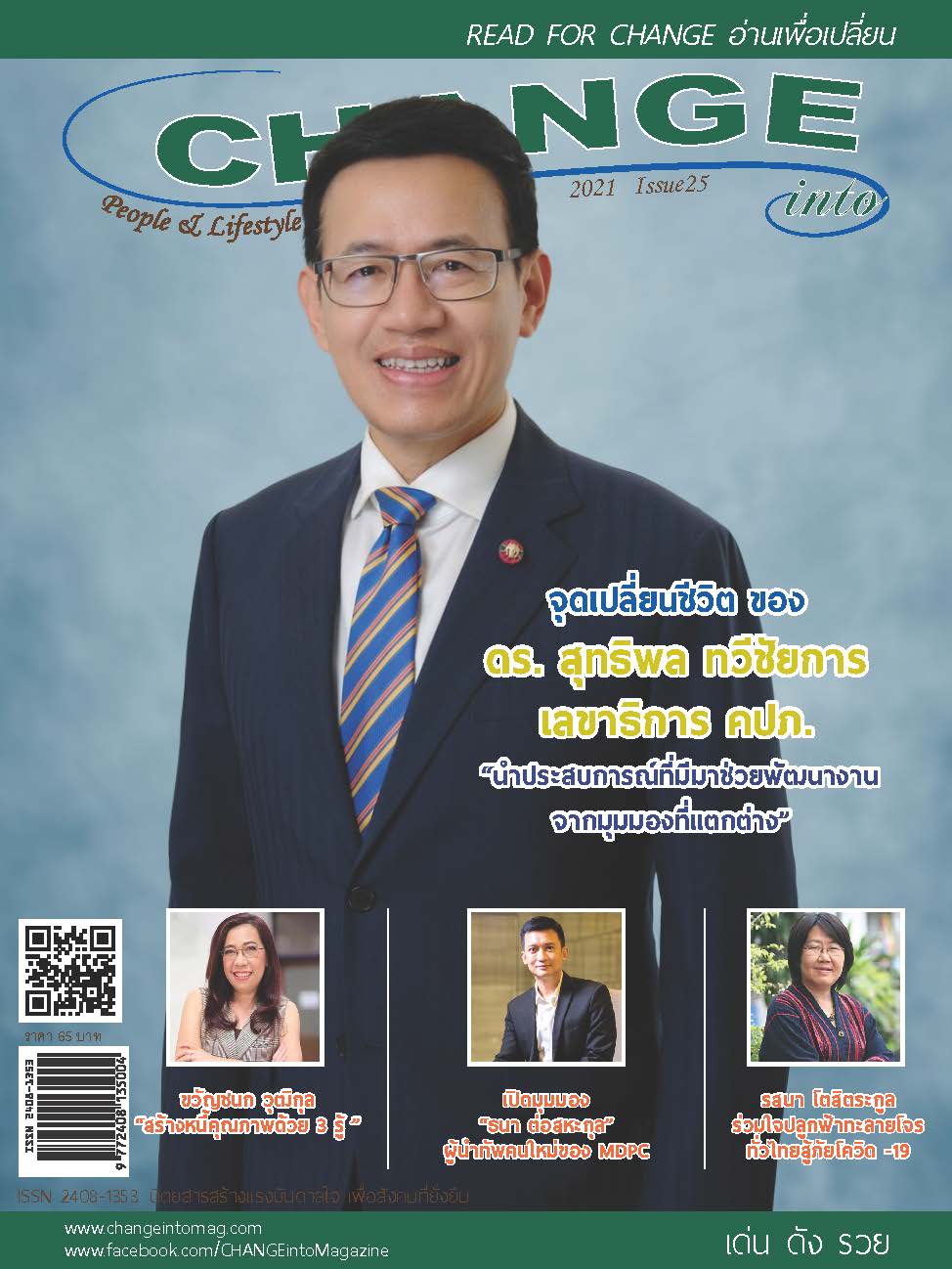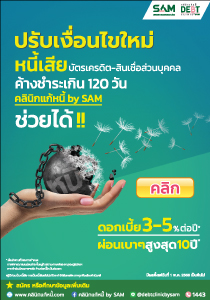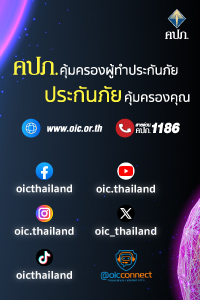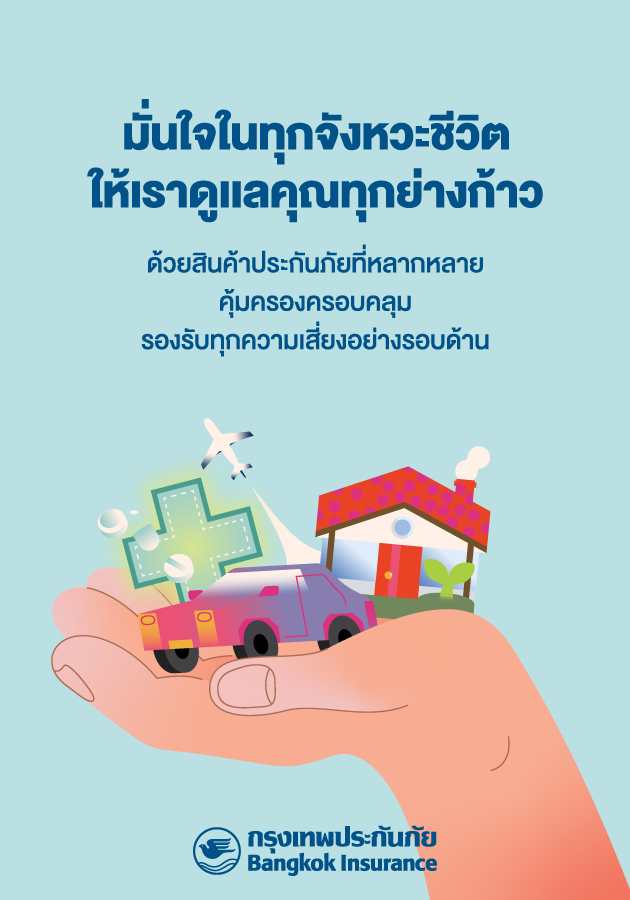SCGC ร่วมกับกระทรวงทรัพย์ฯ และภาคีเครือข่าย เปิดตัวโมเดล Nets Up
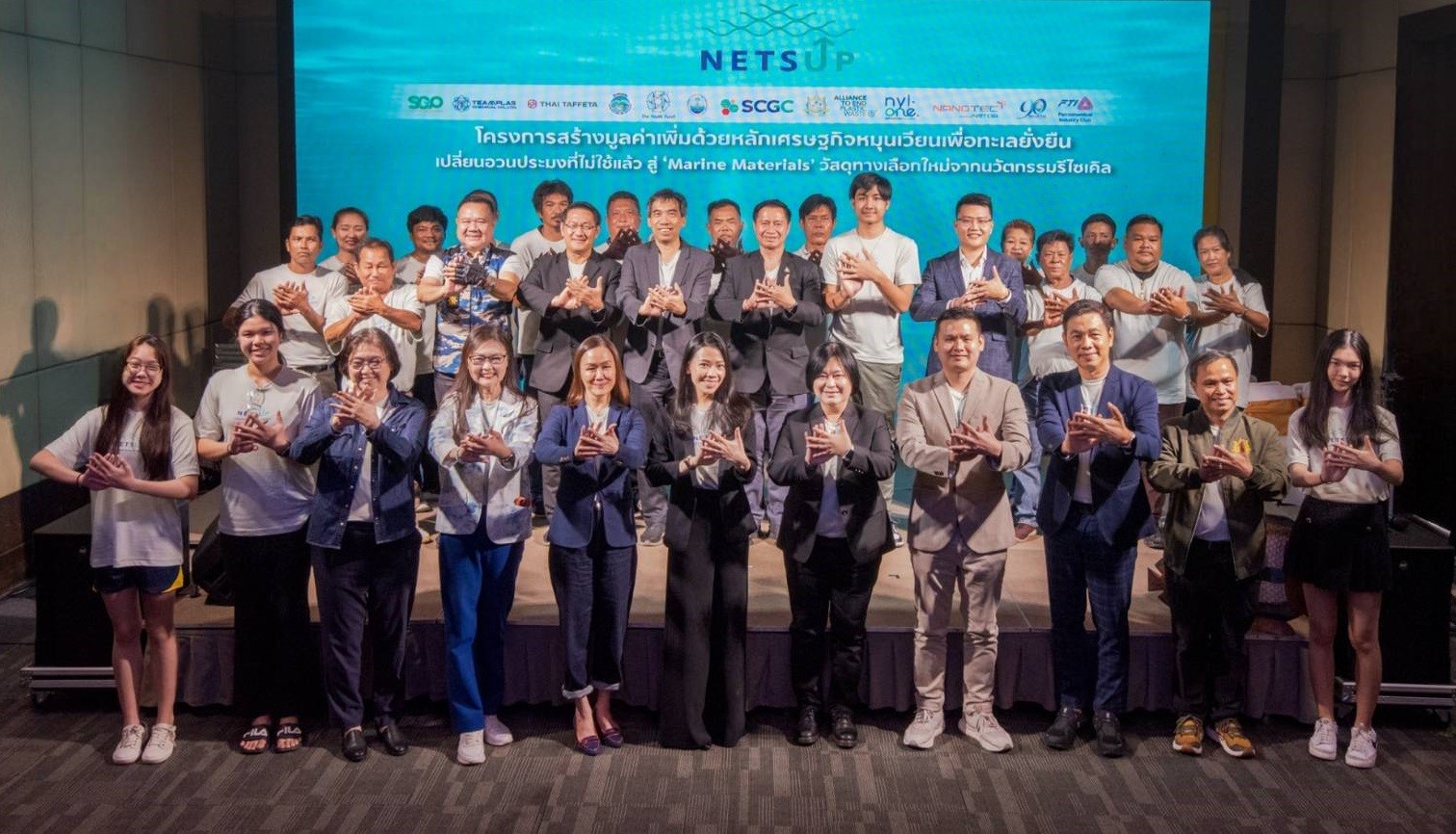
SCGC ร่วมกับกระทรวงทรัพย์ฯ และภาคีเครือข่าย เปิดตัวโมเดล Nets Up
สร้างมูลค่าเพิ่มด้วยนวัตกรรมเศรษฐกิจหมุนเวียน เปลี่ยนอวนประมงไม่ใช้แล้ว
สู่ Marine Materials วัสดุรีไซเคิล ทางเลือกใหม่เพื่อความยั่งยืน
ระยอง – วันเก็บขยะชายหาดสากล 16 กันยายน 2566 : เอสซีจี เคมิคอลส์ หรือ เอสซีจีซี (SCGC) ผู้นำตลาดเคมีภัณฑ์ระดับภูมิภาคที่มุ่งเติบโตทางธุรกิจควบคู่กับการสร้างความยั่งยืน ร่วมกับ กระทรวงทรัพยากรธรรมชาติและสิ่งแวดล้อม (ทส.) กลุ่มประมงเรือเล็กพื้นบ้าน จ.ระยอง พันธมิตรธุรกิจ และเครือข่ายพิทักษ์สิ่งแวดล้อมทางทะเล เปิดตัวโครงการ “Nets Up” (เนทซ์ อัป) โมเดลการสร้างมูลค่าเพิ่มด้วยหลักเศรษฐกิจหมุนเวียนเพื่อทะเลยั่งยืน เปลี่ยนอวนประมงที่ไม่ใช้แล้ว สู่ Marine Materials วัสดุทางเลือกใหม่จากนวัตกรรมรีไซเคิล เพื่อนำไปต่อยอดสร้างมูลค่าเพิ่มให้กับภาคอุตสาหกรรมที่เกี่ยวเนื่อง อาทิ ธุรกิจสิ่งทอ ด้วยการขึ้นรูปเป็นเส้นด้ายและทอเป็นผืนผ้าสำหรับแปรรูปเป็นผลิตภัณฑ์อัปไซเคิล สร้างทางเลือกใหม่ให้กับเจ้าของแบรนด์สินค้า และผู้บริโภคที่ใส่ใจสิ่งแวดล้อม ส่งเสริมการใช้ทรัพยากรให้เกิดประโยชน์สูงสุดตามหลักเศรษฐกิจหมุนเวียน ลดปัญหาขยะทะเล พร้อมสร้างการมีส่วนร่วมเพื่อสิ่งแวดล้อมทางทะเลอย่างยั่งยืน และช่วยลดภาวะโลกร้อน โดยมี นายพิชิต สมบัติมาก รองปลัดกระทรวงทรัพยากรธรรมชาติและสิ่งแวดล้อมเป็นประธานในพิธี และดร.สุรชา อุดมศักดิ์ ประธานเจ้าหน้าที่สายงานนวัตกรรม และรองกรรมการผู้จัดการใหญ่ บริษัท เอสซีจี เคมิคอลส์ จำกัด (มหาชน) หรือ SCGC เป็นผู้กล่าวรายงาน
โมเดล “Nets Up” ได้เชื่อมโยงโซ่คุณค่า (Value Chain) อย่างครบวงจร โดยเริ่มต้นที่การจัดการอวนประมงที่ไม่ใช้แล้ว และนำเข้าระบบการซื้อขายของธนาคารขยะชุมชน ผ่านแอปพลิเคชัน “คุ้มค่า” จากนั้นจึงเข้าสู่กระบวนการรีไซเคิลเป็นเม็ดพลาสติกรีไซเคิลคุณภาพสูง และพัฒนาเป็น Marine Materials วัสดุรีไซเคิลจากอวนประมงไม่ใช้แล้ว เช่น วัสดุผ้าในธุรกิจสิ่งทอ บรรจุภัณฑ์ อุปกรณ์รองเท้ากีฬา ชิ้นส่วนยานยนต์ อุปกรณ์ไฟฟ้า เป็นต้น
ภายในงานฯ ได้มีการลงนามบันทึกข้อตกลงความร่วมมือ (MoU) เพื่อลดผลกระทบด้านสิ่งแวดล้อมด้วยการบริหารจัดการขยะทะเล และการพัฒนานวัตกรรมตามหลักเศรษฐกิจหมุนเวียน พร้อมทั้งการประกาศเจตนารมณ์แสดงความร่วมมือของภาคส่วนต่างๆ ได้แก่ SCGC กระทรวงทรัพยากรธรรมชาติและสิ่งแวดล้อม (ทส.) สำนักงานทรัพยากรทางทะเลและชายฝั่งที่ 1 (ทช.) สมาคมเยาวชน The Youth Fund องค์กร AEPW (Alliance to End Plastic Waste) ทีมพลาสเคมีคอล ศูนย์นาโนเทคโนโลยีแห่งชาติ Nyl-One ไทยแทฟฟิต้า กลุ่มอุตสาหกรรมปิโตรเคมี สภาอุตสาหกรรมเเห่งประเทศไทย หอการค้าไทย สมาคมส่งเสริมการผลิตและการบริโภคที่ยั่งยืน (ประเทศไทย) ชุมชนประมงนำร่อง และเครือข่ายพิทักษ์สิ่งแวดล้อมทางทะเล
%20%E0%B8%AB%E0%B8%A3%E0%B8%B7%E0%B8%AD%20SCGC.jpg)
ดร.สุรชา อุดมศักดิ์ ประธานเจ้าหน้าที่สายงานนวัตกรรม และรองกรรมการผู้จัดการใหญ่ บริษัท เอสซีจี เคมิคอลส์ จำกัด (มหาชน) หรือ SCGC เผยว่า “โมเดล Nets Up เกิดขึ้นจากความมุ่งมั่นของ SCGC ในการขับเคลื่อนองค์กรภายใต้แนวทาง ESG (Environmental, Social and Governance) ซึ่งเน้นด้านเศรษฐกิจหมุนเวียนอย่างเป็นรูปธรรม ผ่านการพัฒนานวัตกรรมรีไซเคิล โดยนำความเชี่ยวชาญด้านเม็ดพลาสติกรีไซเคิลคุณภาพสูง หรือ High Quality PCR (High Quality Post-Consumer Recycled Resin) มาพัฒนาเป็น Marine Materials วัสดุรีไซเคิลจากอวนประมงไม่ใช้แล้ว ซึ่งเป็นทางเลือกใหม่เพื่อความยั่งยืนสำหรับภาคอุตสาหกรรมที่เกี่ยวเนื่อง ทั้งนี้ Nets Up ได้เชื่อมโยงโซ่คุณค่า (Value Chain) อย่างครบวงจร โดยบูรณาการทุกภาคส่วน ตั้งแต่ต้นน้ำจนถึงปลายน้ำ ครอบคลุมทุกมิติ เช่น การลดผลกระทบทางสิ่งแวดล้อมด้วยการบริหารจัดการขยะทะเล การส่งเสริมการจัดการอวนประมงไม่ใช้แล้วไม่ให้หลุดรอดออกสู่ทะเล การพัฒนานวัตกรรมและการสร้างมูลค่าเพิ่มให้กับอวนประมงไม่ใช้แล้ว การดำเนินการของธนาคารขยะชุมชน การสร้างเครือข่ายประมงพื้นบ้าน จิตอาสาและองค์กรด้านสิ่งแวดล้อม เป็นต้น
นอกจากนี้ ยังจะช่วยขับเคลื่อนให้ภาคธุรกิจนำ Marine Materials หรือวัสดุรีไซเคิลจากอวนประมงไม่ใช้แล้วไปต่อยอดเป็นผลิตภัณฑ์อัปไซเคิล ตัวอย่างเช่น ธุรกิจสิ่งทอ ซึ่งได้นำไปผลิตเป็นผ้าสำหรับตัดเย็บเครื่องนุ่งห่ม และเครื่องใช้ต่างๆ สามารถสร้างมูลค่าเพิ่มให้กับผลิตภัณฑ์ตามหลักเศรษฐกิจหมุนเวียน ช่วยลดผลกระทบด้านสิ่งแวดล้อมทางทะเล และยังช่วยส่งเสริมการสร้างรายได้ให้กับกลุ่มประมงพื้นบ้านอีกทางหนึ่งด้วย โดยขณะนี้ ได้เริ่มนำร่องโมเดลดังกล่าวในพื้นที่ชายฝั่งจังหวัดระยองเป็นแห่งแรก และในอนาคตมีแผนจะขยายโครงการไปทั้ง 23 จังหวัด ริมชายฝั่งทะเลประเทศไทย”

นายพิชิต สมบัติมาก รองปลัดกระทรวงทรัพยากรธรรมชาติและสิ่งแวดล้อม กล่าวว่า “กระทรวงทรัพยากรธรรมชาติและสิ่งแวดล้อม มีนโยบายในการรักษา และบริหารจัดการทรัพยากรชายฝั่งทะเล ให้เกิดความสมดุลและยั่งยืน เพื่อยกระดับคุณภาพชีวิตที่ดี ซึ่งสอดคล้องกับวาระแห่งชาติ BCG (Bio-Circular-Green Economy) และเป้าหมายการพัฒนาอย่างยั่งยืน (Sustainable Development Goals) สำหรับโมเดล Nets Up และ การบันทึกข้อตกลงความร่วมมือในครั้งนี้ จะช่วยให้กลุ่มประมงมีรายได้เพิ่มขึ้นจากการนำเศษอวนมาคัดแยก ลดภาระในการนำไปกำจัดเอง รวมถึงช่วยป้องกันไม่ให้อวนไม่ใช่แล้วหลุดรอดลงในทะเล กระทรวงฯ พร้อมสนับสนุน SCGC และเครือข่ายพันธมิตร ขับเคลื่อนกลไกการจัดการอวนประมงไม่ใช้แล้ว และประสานความร่วมมือกับกลุ่มประมงเรือเล็กพื้นบ้านในพื้นที่ เพื่อเป็นต้นแบบในการจัดการอวนประมงไม่ใช้แล้ว ให้ครอบคลุมพื้นที่ชายฝั่งทั่วประเทศไทย”
นายกฤษฎิ์ ภักดีจิตต์ ตัวแทนจากสมาคมเยาวชน The Youth Fund ให้มุมมองเพิ่มเติมว่า “ในฐานะเยาวชนคนรุ่นใหม่ รู้สึกภูมิใจที่ได้เป็นส่วนหนึ่งในการแก้ปัญหาสิ่งแวดล้อมทางทะเล ร่วมกับภาครัฐ องค์กรชั้นนำ และภาคีเครือข่าย กลุ่ม The Youth Fund เป็นการรวมตัวของเยาวชนอายุ 15-17 ปี ร่วมทำกิจกรรมเพื่อสังคมเชิงอนุรักษ์ทรัพยากรธรรมชาติและสิ่งแวดล้อมของประเทศอย่างต่อเนื่อง เช่น การดำน้ำเก็บขยะใต้ทะเล การปลูกปะการัง การปลูกป่าชายเลน ทั้งนี้ ความร่วมมือในโครงการ Nets Up เป็นอีกหนึ่งภารกิจที่เยาวชนสามารถมีส่วนร่วมในการสร้างการเปลี่ยนแปลงเพื่อช่วยกันพิทักษ์ทะเล และปลูกฝังให้เด็กที่เป็นอนาคตและความหวังของประเทศ ได้เห็นความสำคัญของการใช้ทรัพยากรอย่างคุ้มค่า”
โดยที่ผ่าน SCGC ได้ขับเคลื่อนธุรกิจ และปลูกฝังหลักเศรษฐกิจหมุนเวียนให้เกิดขึ้นในสังคมอย่างต่อเนื่องผ่านโมเดลการจัดการขยะต่างๆ อาทิ ชุมชน LIKE (ไร้) ขยะ ถุงนมกู้โลก เพื่อสร้างการตระหนักรู้ถึงการใช้ทรัพยากรให้เกิดประโยชน์สูงสุด ด้วยแนวคิด “ใช้ให้คุ้ม” “แยกให้เป็น” “ทิ้งให้ถูก” และนำกลับมารีไซเคิลเพื่อสร้างคุณค่าใหม่ นอกจากนี้ยังได้เดินหน้าร่วมกับกระทรวงทรัพยากรธรรมชาติและสิ่งแวดล้อม ในการจัดการปัญหาขยะทะเล และฟื้นฟูระบบนิเวศทางทะเลด้วยนวัตกรรม เช่น นวัตกรรมทุ่นกักขยะ นวัตกรรมบ้านปลาจากท่อ PE 100 ของ SCGC เป็นต้น
ข้อมูลเพิ่มเติม https://www.scgchemicals.com
%20%E0%B8%81%E0%B8%B2%E0%B8%A3%E0%B8%A5%E0%B8%94%E0%B8%9C%E0%B8%A5%E0%B8%81%E0%B8%A3%E0%B8%B0%E0%B8%97%E0%B8%9A%E0%B8%97%E0%B8%B2%E0%B8%87%E0%B8%AA%E0%B8%B4%E0%B9%88%E0%B8%87%E0%B9%81%E0%B8%A7%E0%B8%94%E0%B8%A5%E0%B9%89%E0%B8%AD%E0%B8%A1%20%E0%B8%94%E0%B9%89%E0%B8%A7%E0%B8%A2%E0%B8%81%E0%B8%B2%E0%B8%A3%E0%B8%9A%E0%B8%A3%E0%B8%B4%E0%B8%AB%E0%B8%B2%E0%B8%A3%E0%B8%88%E0%B8%B1%E0%B8%94%E0%B8%81%E0%B8%B2%E0%B8%A3%E0%B8%82%E0%B8%A2%E0%B8%B0%E0%B8%97%E0%B8%B0%E0%B9%80%E0%B8%A5%E0%B8%88%E0%B8%B2%E0%B8%81%E0%B8%95%E0%B9%89%E0%B8%99%E0%B8%97%E0%B8%B2%E0%B8%87%20%E0%B9%83%E0%B8%AB%E0%B9%89%E0%B8%81%E0%B8%A5%E0%B8%B1%E0%B8%9A%E0%B8%A1%E0%B8%B2%E0%B8%A3%E0%B8%B5%E0%B9%84%E0%B8%8B%E0%B9%80%E0%B8%84%E0%B8%B4%E0%B8%A5%E0%B9%84%E0%B8%94%E0%B9%89.jpg)
SCGC Collaborates with with MNRE and Network Partners to Launch Nets Up Model, Creating Added Value through Circular Economy Innovations, Upcycling Discarded Fishing Nets into Sustainable Marine Materials
Rayong - International Coastal Cleanup Day, 16 September 2023: SCG Chemicals (SCGC), a leading regional player in the chemical business with a focus on business growth and sustainability, has collaborated with the Ministry of Natural Resources and Environment, local small-scale fishing communities in Rayong province, business partners, and marine environmental conservation networks to launch the "Nets Up" project, an initiative aims to add value through a circular economy approach for sustainable oceans. It repurposes discarded fishing nets into an innovative, recycled material called Marine Materials, extending its value into relevant industries such as textiles. This material is turned into yarn and woven into fabric for further processing into upcycled products, offering new options for environmentally-conscious brand owners and consumers. The initiative promotes maximum resource efficiency in line with the principles of the circular economy, reduces marine waste, fosters community participation for a sustainable marine environment, and contributes to mitigating global warming. The ceremony was chaired by Pichit Sombatmak, Deputy Permanent Secretary of Ministry of Natural Resources and Environment, and Dr. Suracha Udomsak, Chief Innovation Officer and Executive Vice President of SCG Chemicals (SCGC), who delivered remarks.
The "Nets Up" model connects the entire value chain, starting from the management of discarded fishing nets and integrating them into the community waste bank trading system through the "KoomKah" application. The nets then undergo a recycling process to produce high-quality PCR, which is developed into Marine Materials. These recycled materials from old fishing nets find applications in various industries, such as the textile business, packaging, athletic shoe components, automotive parts, and electrical equipment, among others.
At the event, a Memorandum of Understanding (MoU) was signed to mitigate environmental impacts through marine waste management and to promote the development of innovations aligned with the principles of a circular economy. Many stakeholders participated in this collaborative effort, including SCGC, the Ministry of Natural Resources and Environment, the Marine and Coastal Resources Office 1, the Youth Fund, Alliance to End Plastic Waste (AEPW), the Plaschemical team, National Nanotechnology Center, Nyl-One, Thai Taffeta, Petrochemical Industry Club, the Federation of Thai Industries (FTIPC), the Thai Chamber of Commerce, Sustainable Consumption and Production Association (Thailand), pilot fishing communities, and networks for marine environmental protection.
Dr. Suracha Udomsak, Chief Innovation Officer and Executive Vice President of SCG Chemicals (SCGC), revealed that, “The Nets Up model originated from SCGC's commitment to driving its business under the ESG (Environmental, Social and Governance) framework, with a focus on establishing a tangible circular economy through recycling innovations. By leveraging our expertise in high-quality Post-Consumer Recycled Resin (High-Quality PCR), we have developed Marine Materials, recycled from discarded fishing nets, to be a sustainable alternative for related industries. The Nets Up model fully integrates the value chain by involving all stakeholders, from upstream to downstream, and encompasses all dimensions, including reducing environmental impacts through marine waste management, promoting the proper disposal of discarded fishing nets to prevent them from entering the ocean, developing innovations, and adding value to discarded fishing nets. In addition, it involves community waste banks, the creation of local fishing networks, volunteerism, and environmental organizations.
In addition, the model aims to drive the business sector to utilize Marine Materials, or recycled materials from discarded fishing nets, into upcycled products such as fabric for clothing and household items. This not only adds value to the products in line with the circular economy but also
helps to reduce environmental impact on the marine ecosystem and promotes income generation for local fishing communities. Currently, the model has been piloted in the coastal area of Rayong province. Plans are underway to expand the project to all 23 coastal provinces of Thailand in the future.”
Pichit Sombatmak, Deputy Permanent Secretary of Ministry of Natural Resources and Environment, said, “The Ministry of Natural Resources and Environment has policies to conserve and manage coastal and marine resources to achieve balance and sustainability to improve the quality of life. These efforts align with the national BCG (Bio-Circular-Green Economy) agenda and the Sustainable Development Goals. The Nets Up model and this Memorandum of Understanding will help fishing communities increase income through the sorting of fishing net waste, reducing the burden of disposal, and preventing discarded fishing nets from entering the ocean. The Ministry is prepared to support SCGC and its network of partners in driving mechanisms to manage discarded fishing nets and collaborating with local small-scale fishing communities. This serves as a model for managing discarded fishing nets, with plans to roll out to coastal areas across Thailand.
Kris Pakdeejit, a representative from the Youth Fund, provided additional perspective, saying, “As a member of the younger generation, we are proud to be a part of the solution to marine environmental issues, in collaboration with the government, leading organizations, and network partners. The Youth Fund is a group of young people aged 15-17 who engage in continuous social activities aimed at conserving the country's natural resources and environment. For instance, we participate in underwater cleanups, coral planting, and mangrove reforestation. Collaboration in the Nets Up project is another mission where young people can contribute to meaningful changes to help protect the ocean and instill in the younger generation—the future and hope of the country —the importance of using resources wisely.”
.jpg)
SCGC has been continuously driving business and embedding the principles of the circular economy in society through a wide array of waste management models, such as the ‘Waste-Free Community Project’ and the 'Upcycling Milk Pouches Project' initiative. These efforts aim to raise awareness about maximizing the benefits of resource utilization by promoting the concepts of 'Resource Maximization, Correct Sorting, and Proper Disposal,' and to bring materials back into the recycling loop to create new value. In addition, SCGC is moving forward in collaboration with the Ministry of Natural Resources and Environment to address marine waste issues and restore marine ecosystems through innovations such as the SCG-DMCR Litter Trap and Fish Homes made from PE 100 pipes by SCGC.
For more information: https://www.scgchemicals.com



